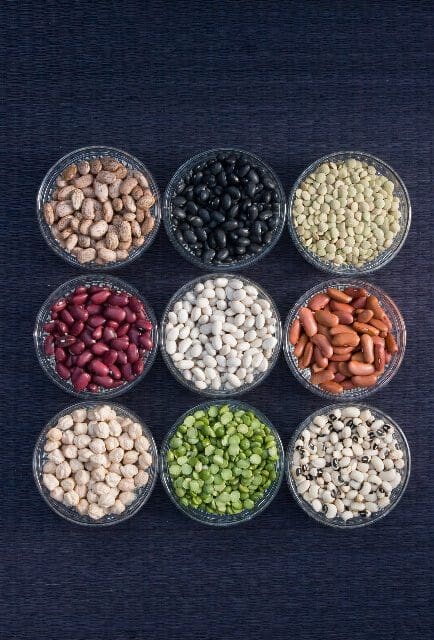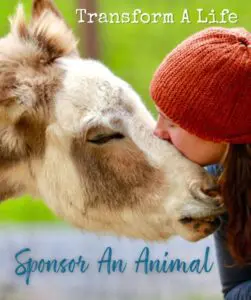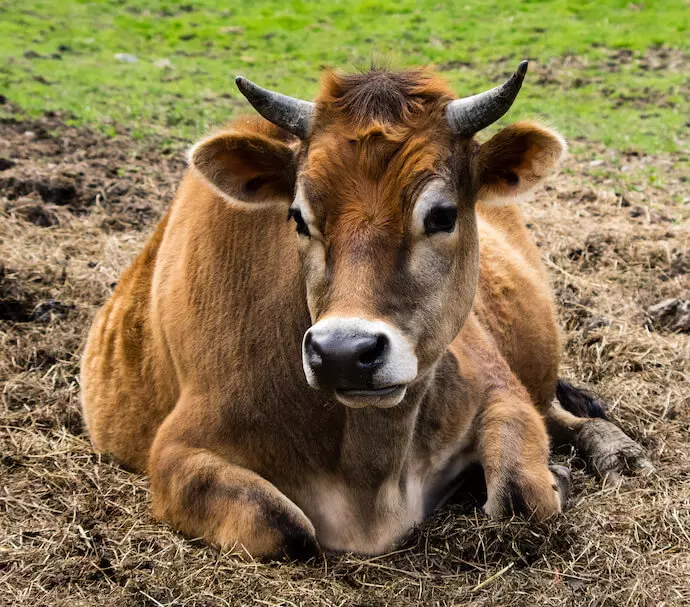
Ask the Chef: Vegan Iron Sources
“Dear Chef Linda, everyone’s always concerned about getting enough protein on a vegan diet. I don’t hear much about other important minerals, like iron, for example. I’m confident that I’m meeting my protein needs, but I don’t know much about how to ensure I’m getting enough iron. My doctor says meat is the best source but I’m transitioning to a vegan diet so that’s not really an option. Any advice?” Veronica
Dear Veronica, I’m glad you raised this important issue. Iron is an important mineral, and even non-vegans can be at risk of low iron if they aren’t eating a healthy and varied diet.
Iron is a mineral that’s in hemoglobin and is responsible for carrying oxygen throughout our bodies, providing cell support, aiding in digestion, and sustaining other bodily functions. According to the Center for Disease Control, the Recommended Daily Allowance (RDA) for iron is between 8-18 mg for women and 8-11 mg for men. This recommendation is based on heme iron, or, iron that comes from animal foods. According to the National Academy of Sciences, (the same group that developed the RDA reports in the 1940s) the updated recommendation is that vegans should consume roughly 1.8 times more iron because plant-based iron is not absorbed as well as heme iron.
It’s easy to increase the absorption of plant-based iron, just add a vitamin C source at your meal. For instance, a ½ cup of fiber-rich spinach contains approximately 3.2 mg of iron. Including a source of vitamin C such as red bell pepper or Brussels sprouts in the same meal with the spinach will work to increase the amount of iron your body absorbs from this leafy green. Another important tip is to avoid coffee (even decaf), tea and calcium supplements before and after your meals as they inhibit the absorption of iron.
There are many vegan foods that contain iron. According to the VRG (Vegetarian Resource Group), soybeans, blackstrap molasses, lentils, spinach, tofu, chickpeas, tempeh, Swiss chard, kidney beans, black beans, and sea vegetables are all good sources of non-heme iron. Search our blog for recipes with these ingredients!
If you don’t think you’re getting enough iron in your diet, talk to your doctor about taking an iron supplement to meet your daily requirements.
Hope this helps!






